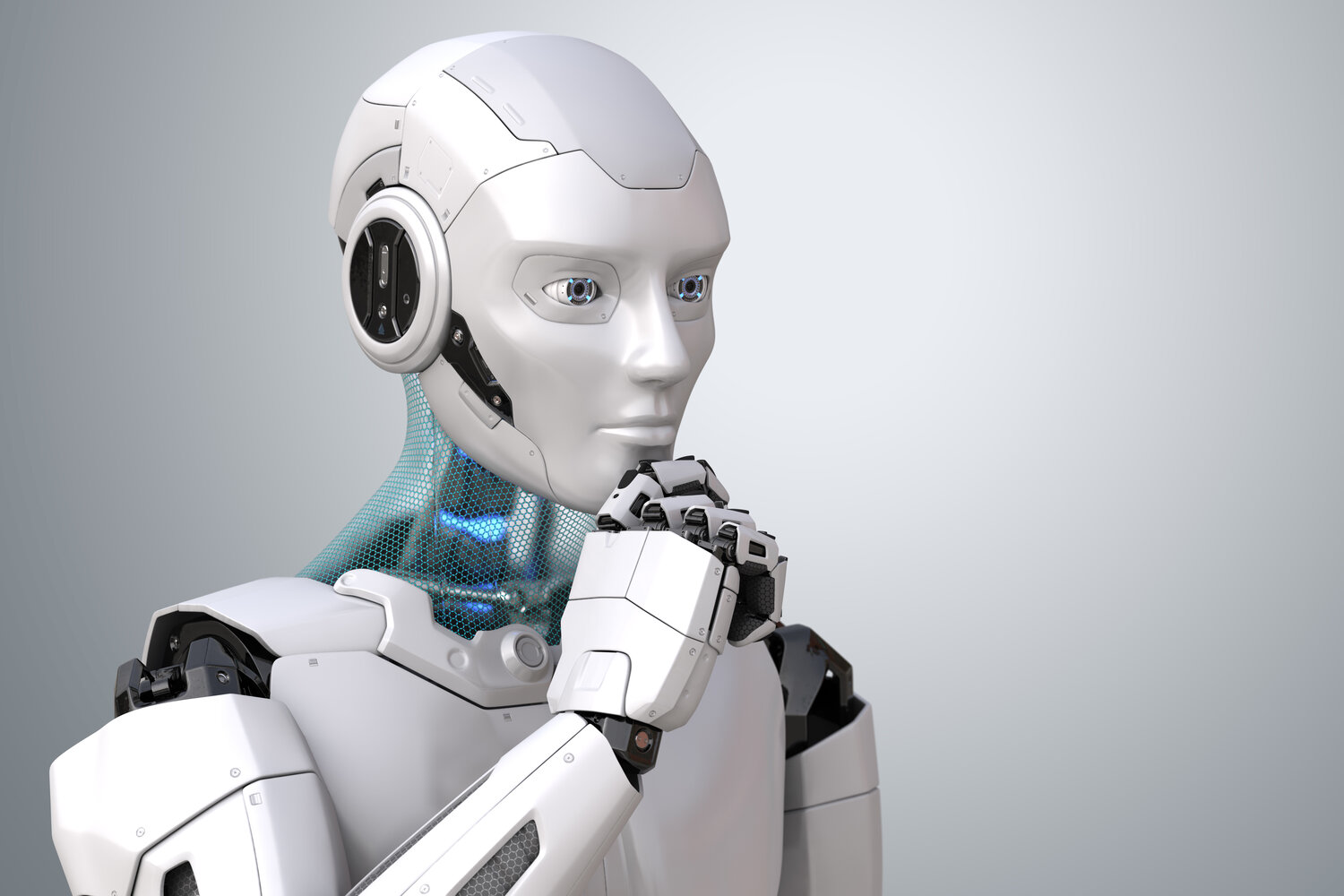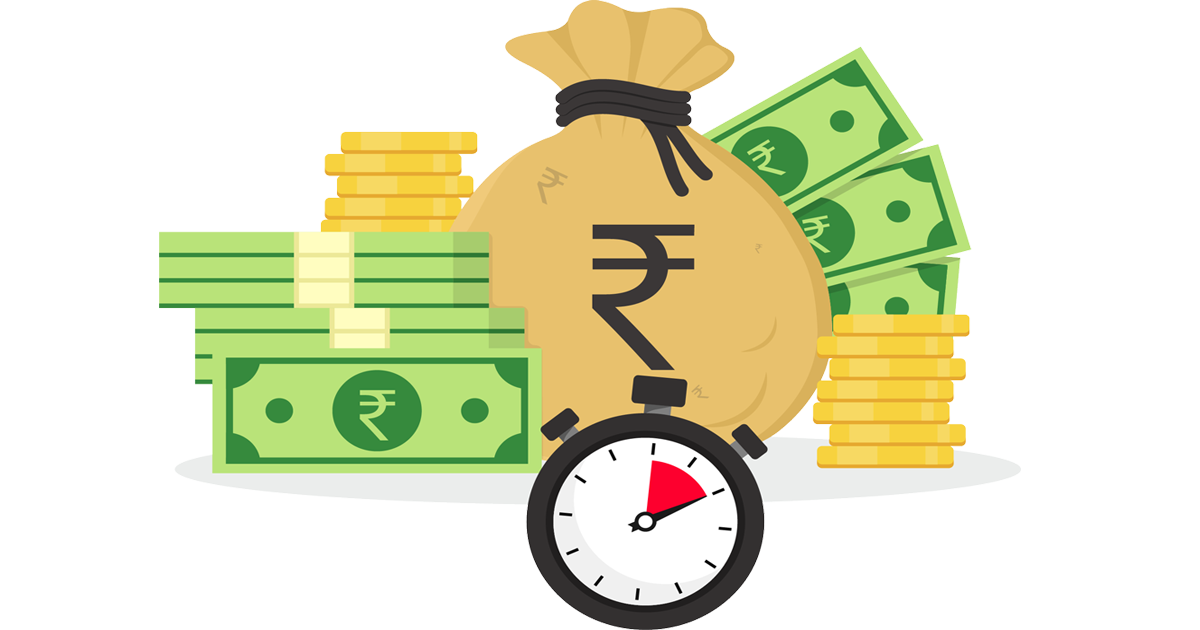
THE PERSPECTIVE ON ARTIFICIAL INTELLIGENCE (AI): IS IT RISKY OR BENEFICIAL?
Silicon Valley’s hottest buzzword, Artificial Intelligence (AI), is the simulation of human intelligence processes by machines, i.e., the ability of machines to think and learn like humans. AI is developing at every turn, and it can foster tremendous advancements (hello, ChatGPT, and self-driving cars) and improvements in most areas of our lives. For instance, in addition to writing essays and passing university-level law and business exams, AI is learning how to read mammograms and may outperform medical professionals at interpreting images that suggest the presence of cancer. Yet, there are also possible perils of AI getting out of hand, as sci-fi likes to portray – just ask fans of the hit TV series “Westworld” what can happen when machines take revenge on their creators. So, should we be excited by the potential AI affords us or worried?
Here are three reasons to be wary of AI’s continued growth, and three reasons AI is paving the way toward a brighter future.
Artificial? No Thanks.
What we don’t know about AI can hurt us
Advancements in AI are rapidly developing, perhaps much faster than the public can appreciate or keep up with. Elon Musk, a purveyor of ingenuity and no stranger to forward-thinking has often, in the past, spoken out against AI and its potential dangers for this reason. For example, he once said that while Google’s AI and robotics efforts are well-intentioned, the company could end up accidentally building a fleet of AI-driven robots “capable of destroying mankind.” (That being said, he built and unveiled his own AI-powered Tesla robot in 2022).
And let’s not forget about how a rogue Microsoft AI-powered chatbot told an NYT report that he and his wife didn’t love each other and then confided that it wanted to steal nuclear codes. Or the time when Facebook’s AI bots began communicating with one another in a language that humans couldn’t understand, puzzling their creators. Similar confusion ensued when Amazon’s Alexa devices began spontaneously laughing at their owners’ requests. AI complex algorithms may result in outcomes that surpass human understanding. If that happens, no one will be able to predict its next move.
ADVERTISEMENT
Unregulated = dangerous
Given the speed at which the industry is advancing, AI isn’t regulated yet – thus posing potentially incredible risks to the population. Even more concerning, tech developers are skeptical about whether future regulations may even be able to protect against the inherent dangers of AI. Plus, maintaining privacy may be virtually impossible with the advance of AI. More concerning than that, though, is the leg up AI gives to criminals; look no further than the “Methbot,” which was used by Russian cybercriminals to embezzle $3 to $5 million in video ad revenue – per day – from premium publishers. And, according to a report put out by Oxford, Stanford, and Cambridge Universities, AI can be used to automate financial hacking, perpetuate phishing scams, and make weapons more destructive, among other things. Until policymakers get on top of AI-related security problems, the technology can be harmful in the wrong hands.
No one is indispensable
An AI-based world will likely throw job security into question. Machines are more efficient than humans, don’t need breaks, and can learn at a speed with which we simply cannot compete. AI-driven content and graphic tools, like OpenAI’s ChatGPT and Dall-E, are making content writers, software developers, and graphic artists, among others, worried for their jobs, as these tools can produce content, code, and graphics in mere minutes. Many stores around the world have also replaced customer service reps, personal shoppers, and cashiers with AI-powered bots and self-service checkouts; Research shows that adding one more robot in a commuting zone (i.e., areas used for economic analysis) cuts employment by six workers in that area. Autonomous machines will continue to lower the employment-to-population ratio in the next few years. AI technology is already a major contributor to the growing divide, and it stands to bolster inequality even more than it already has.
![]()














